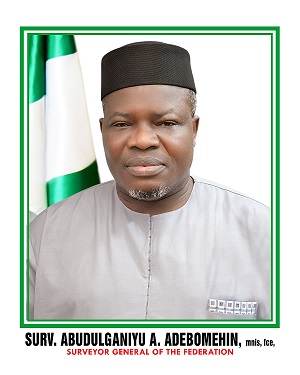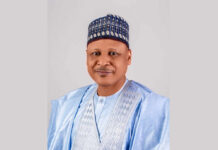Over the last decade, Nigeria has been threatened by heinous attacks of criminal elements operating in various groups of banditry, kidnapping, insurgency and other acts of terrorism.
Before now, precisely in 2019, the Global Terrorism Index (GTI) ranked Nigeria the third-worse country inclined to terrorism.
Today nowhere is safe in Nigeria. The six geopolitical zones have their fair share of the atrocities. Abuja-Kaduna Expressway has become the most dangerous route in the country as it is known for its frequent killings and kidnappings. This by implication resulted to the use of train and flights as an alternative means of transportation. On March 26th, bandits attempt to invade the Kaduna International Airport, killing a private security guard who raised the alarm when they were sighted. This attack led to the closure of the airport for 2 months. Two days later, bandits attacked a train at Katari in Kaduna by immobilising the train through planted explosives; in the least, 8 people were killed and over 160 passengers on-board were kidnapped. According to side witnesses, the bandits were on motorbikes armed to the tooth. They were able to abduct over 150 people, fled into the bush and the location of their hideout is still unknown. The questions we should be asking ourselves are where could they have taken the victims with the little mobility they had? How their locations remain unknown? In April 2014, Boko Haram abducted over 270 school girls in Maiduguri, hid them in a large area called Sambisa Forest, some are still in captivity.
Even places of worship are not excluded. Unknown gunmen raided a church in Owo, Ondo State and massacred over 40 people leaving more than 80 worshipers injured. Similarly at Niger State, gunmen claimed the lives of 17 people in a mosque during their morning prayers. These are few incidences just to mention.
For the country to overcome these challenges, the Muhammadu Buhari-APC-led Government has ensured increased defence budgeting for the military and the police as well as other security operatives for a concerted operation against these blood-thirsty groups.
On their own part, I must say that the Armed Forces, the police and the rest of the security agencies have been paying the supreme prize in the war against these criminals. Their gallantry and sacrifices should be commended by Nigerians. The security challenge is the business of all and sundry. Nigerians should give adequate support to them especially rendering them vital information on suspicious groups and movements timely enough hence they (security personnel) are not ubiquitous. They should ensure the protection of the identities of their sources of information. This will motivate the citizens to report suspicious activities.
The mutual understanding and relationship between the Military, other Security Forces and civilians will yield huge success on the war against criminals. It is my strong belief that the activities of these criminals can be effectively checked with the eyes of the government watching everywhere in the country. If the Military, the Police and all the forces of security collaborate firmly with certain relevant authorities like the Office of the Surveyor General of the Federation (OSGoF), the eyes of the government literally can watch everywhere within its geographical jurisdiction. What is actually needed for this to happen is to employ adequate use of geospatial technologies through its repository, OSGoF.
Nigerian Government requires the kind of the US Pentagon arrangements to tackle her insecurity. OSGoF which is charged with the responsibility of providing geospatial information and services could also generate various index mappings for proper policing of our environment especially places that seem to have become ungoverned spaces for the criminals to operate freely.
The Surveyor General of the Federation (SGoF), Surv. Abudulganiyu Adeyemi Adebomehin, has said that the production of the maps is capital intensive. While one appreciates the nexus of contending demands of various sectors of the economy on the government, what is more paramount is the protection of lives of the citizens. Lives are precious than any other things. Government should therefore provide funding to OSGoF beyond the yearly fiscal ritual to enable it meet its obligations in providing maps and other data that will guarantee the safety of the lives of our gallant Military, the Police and other security personnel in their operations and for the quick success of their operations against the enemies of the Nigerian State.
By Mustapha Bolaji
Mustapha is a Corps member with the Press and Public Relations Unit, OSGoF, Abuja.
Signed:
Abu I Michael
Head of Press and Public Relations, OSGoF.






